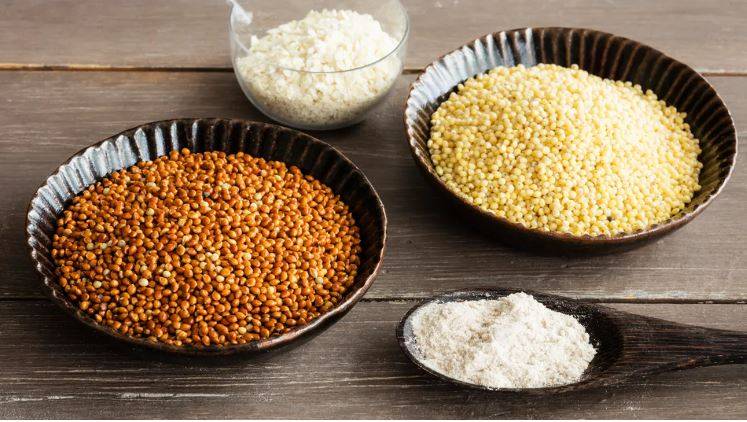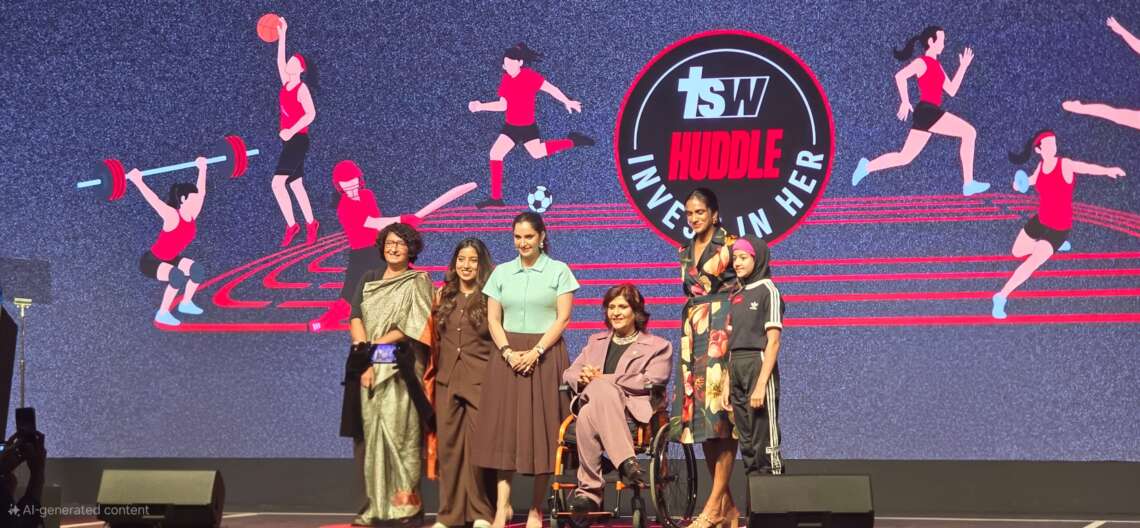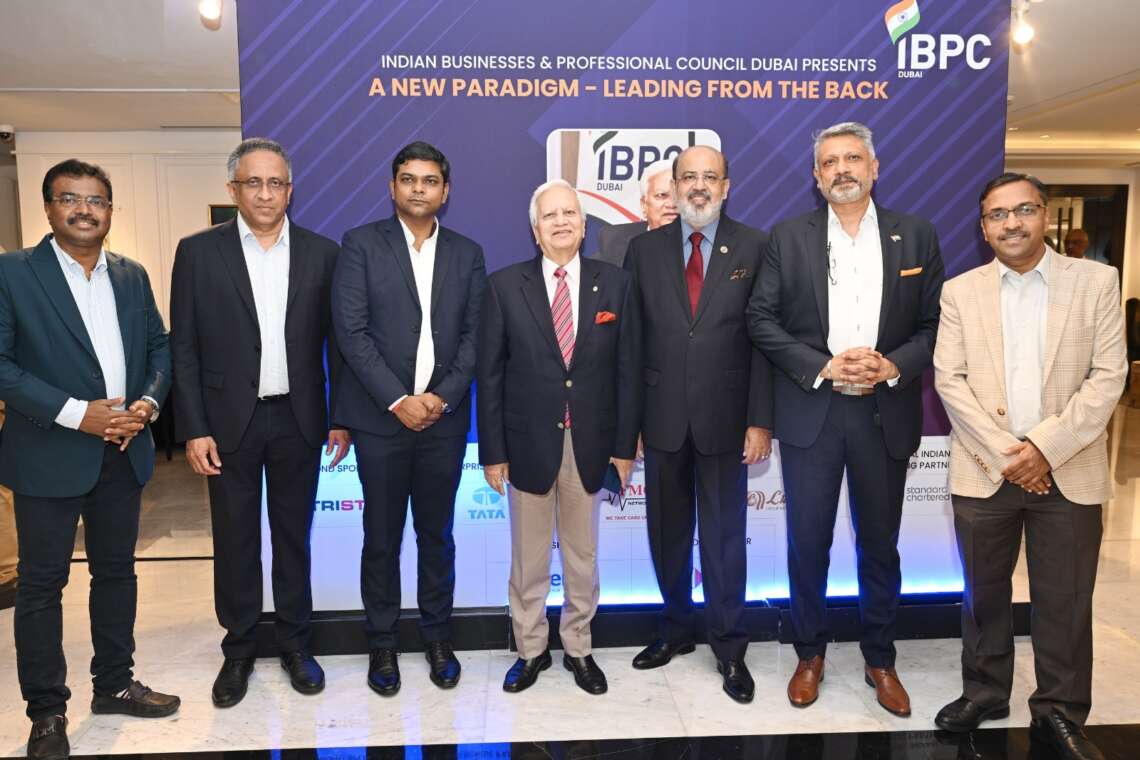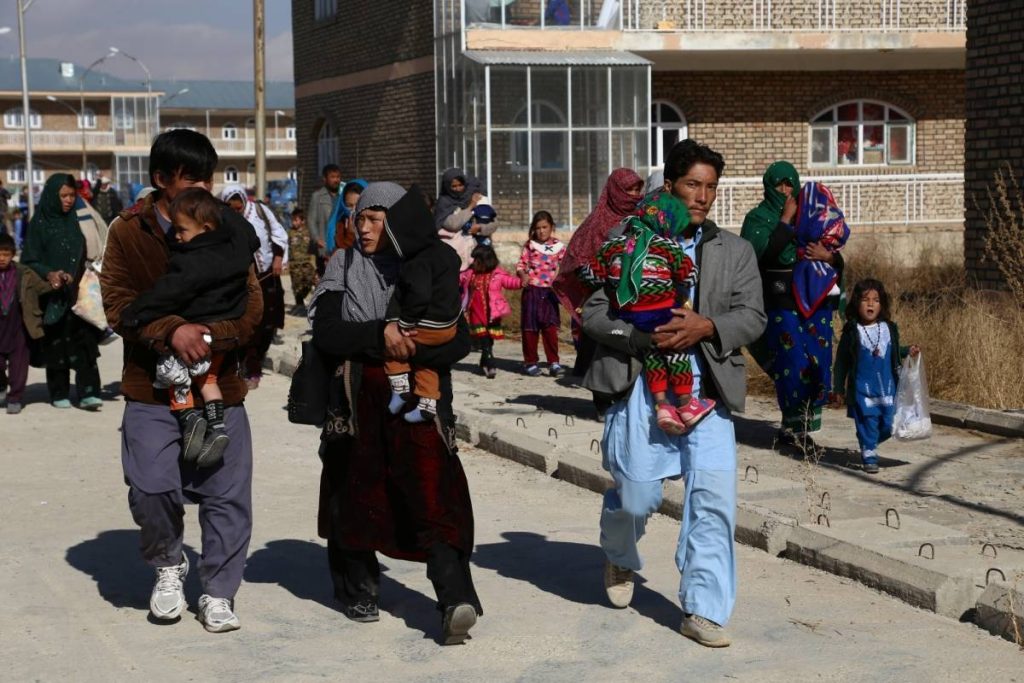To keep itself in sync with the United Nations General Assembly’s announcement to mark 2023 as the International Year of Millet (IYOM), the Indian government has ordered all its offices to introduce and promote millets in their meetings and canteens. The earliest evidence of millets was found in Indus Civilisation in 3,000 BC. Grown in 131 countries, millets is a traditional food for 59 crore people in Asia and Africa
Indian government plans to serve millets-based food to mark 2023 as International Year of Millet.
To keep itself in sync with the United Nations General Assembly’s announcement to mark 2023 as the International Year of Millet (IYOM), the Indian government has ordered all its offices to introduce and promote millets in their meetings and canteens.
The Ministry of Consumer Affairs, Food and Public Distribution of the Indian government tweeted: “To increase procurement/ consumption of millets in view of the International Year of Millet 2023 and health benefits of these commodities, #DFPD has directed all its offices/CPSES to introduce millet based products in their respective canteens and in meetings etc.”
According to a paper published by the Indian government in April 2022, the earliest evidence of millets was found in Indus Civilisation in 3,000 BC. Grown in 131 countries, millets is a traditional food for 59 crore people in Asia and Africa.
Millets are collective group of small seeded annual grasses that are grown as grain crops, primarily on marginal land in dry areas of temperate, sub tropical and tropical regions.
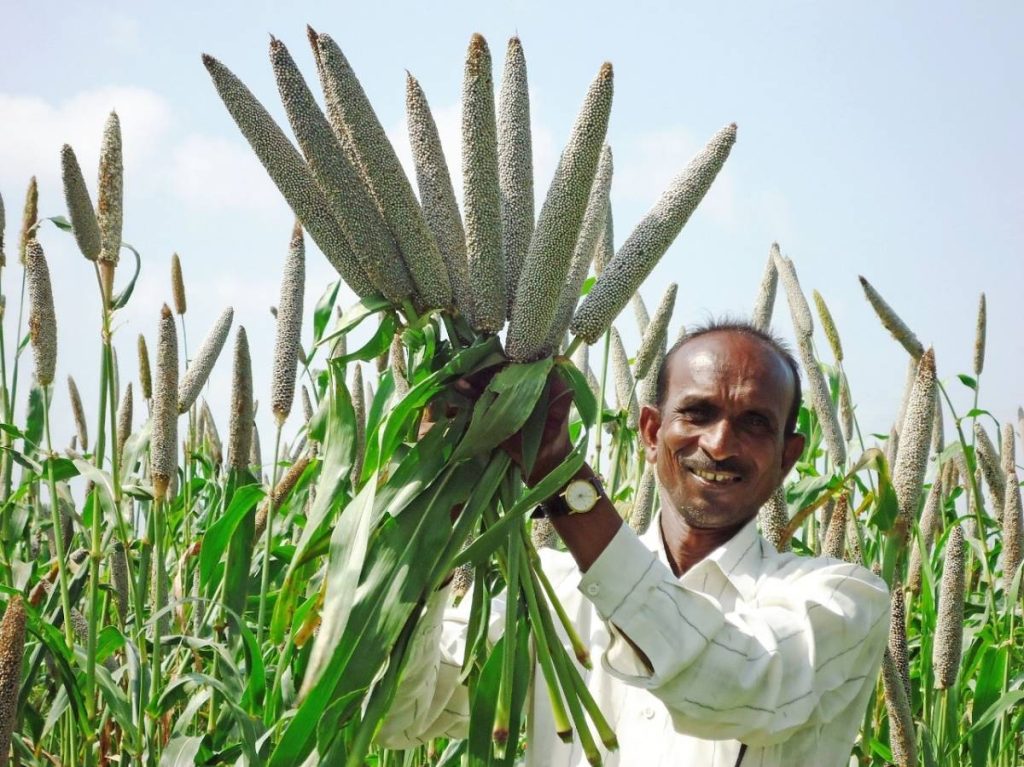
The top five states that produce millets in India are – Rajasthan, Karnataka, Maharashtra, Uttar Pradesh and Haryana.
The Department of Agriculture and Farmers Welfare on the MyGov platform has launched various competitions to raise awareness of the benefits of millets. The competition includes designing a comic story contest, “Mighty Millet Quiz” and “Millet Startup Innovation Challenge”.
The Millet Startup Innovation Challenge was launched on September 10, 2022. This initiative encourages young minds to offer technological/ business solutions to the existing problems in the millets ecosystem. The challenge will remain open till January 31, 2023.
India is the largest producer of millet in the world. Accounting for 20 per cent of global production and 80 per cent of Asia’s production.
It was in 2018 that the government of India decided to mark the National Year of Millets. In the same year, the government also notified millets as nutri-cereals and included them under the POSHAN Mission Abhiyan.
Later, India pitched the proposal to United Nations for declaring 2023 as the International Year of Millets. As a result, with the support of 72 other countries, India’s initiative to promote millet was recognized and United Nations General Assembly has recently declared the year 2023 as the International Year of Millets.
Now, Government of India has decided to celebrate IYOM, 2023 to make it peoples’ movement so that the Indian millets, recipes, value added products are accepted globally.
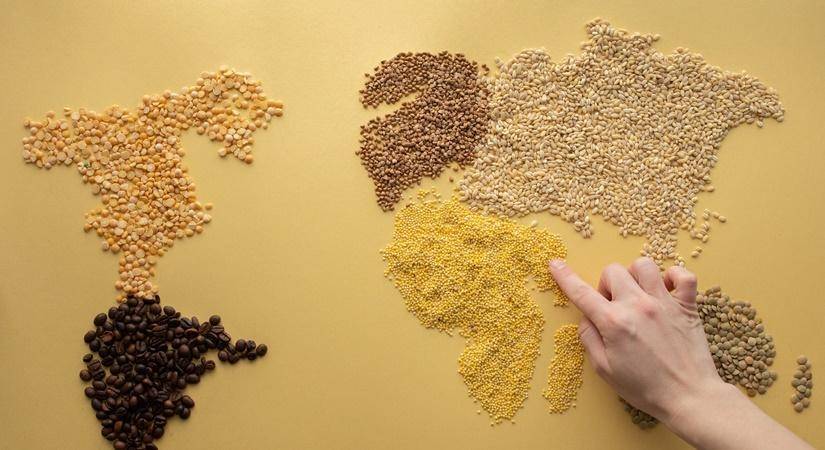
Indian Prime Minister Narendra Modi had also highlighted the benefits of Millets to both farmers and consumers in one of the editions of his monthly radio programme ‘Mann ki Baat’.
Millets are called the super grain because of their high nutritional value. According to the Food Safety and Standards Authority of India (FSSAI) millets are high in dietary fibre. Specifically, millet contains 7-12 per cent protein, 2-5 per cent fat, 65-75 per cent carbohydrates and 15-20 per cent dietary fibre. Due to their high density of nutrients including vitamins, minerals, phytochemicals and dietary fibre, millets are also excellent grains to alleviate malnutrition and micronutrient deficiency. Additionally, millets do not require high-quality soil to grow and hence can easily cater to the need of the growing population.
The nutritional value of millets makes it even more relevant globally in the aftermath of the COVID-19 pandemic.
As part of its mass awareness the Indian government plans to serve mid-day meal in schools and Anganwadis at least one day a week, also buffets at hotels to have millet focus at least one millet dish. Online platforms and delivery agents will also popularise millets. Also organise events in various groups, schools, colleges, universities, industry and civil societies to spread awareness regarding millets.
ALSO READ: Tribal women spearhead mission to promote millets

